Energy Transition Now Podcast
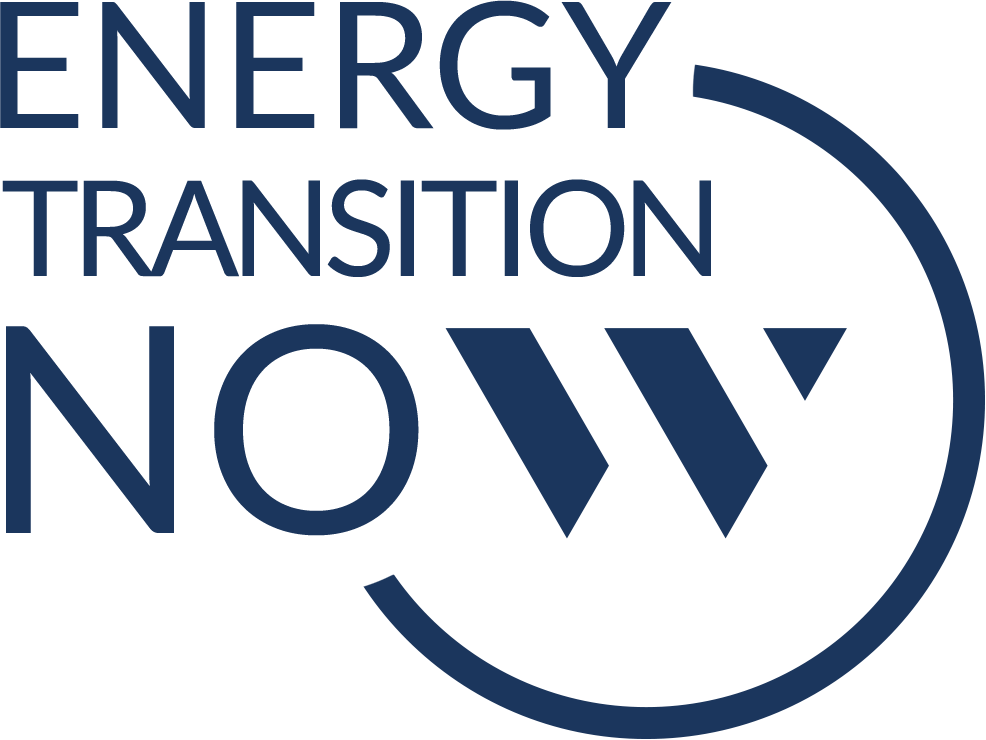
The ‘Energy Transition Now’ podcast is a series of 1:1 discussions on the transition to a net-zero emissions energy system with stakeholders in the industry who are part of the change. We explore the changing market dynamics, the opportunities and challenges ahead for the industry, and what this means for different actors.
Throughout the podcast series we will explore a wide range of views and insights through conversations with sustainability / energy transition experts, industry associations, oil and gas companies, and the supply chain before taking a deep dive into the key technologies making the transition possible.
Our schedule below shows the dates and times each podcast will be available from, which you can add to your calendar. We will be announcing many more episodes being added over the coming weeks, so bookmark this page to keep up to date, or sign up with your email below to receive notifications of live podcasts or new episodes.
Series 3
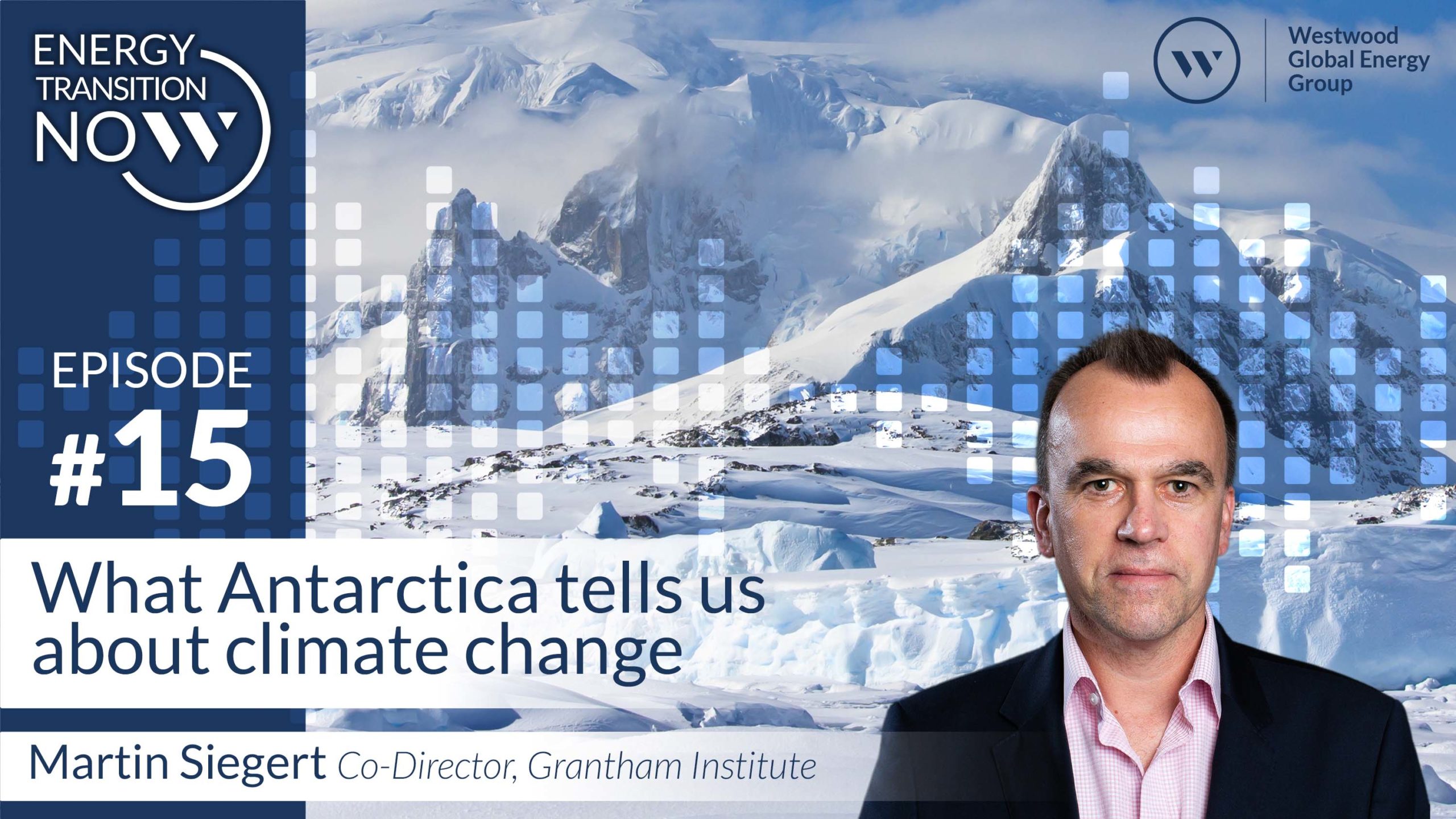
EPISODE 15
Martin Siegert
Co-Director of the Grantham Institute
Episode 15 and the return of the Energy Transition Now podcast for Series Three!
During this series we speak to a range of experts every two weeks, to continue exploring the key questions around the Energy Transition.
In this episode David Linden speaks with Professor Martin Siegert, Co-Director of the Grantham Institute on “What Antarctica tells us about climate change.”
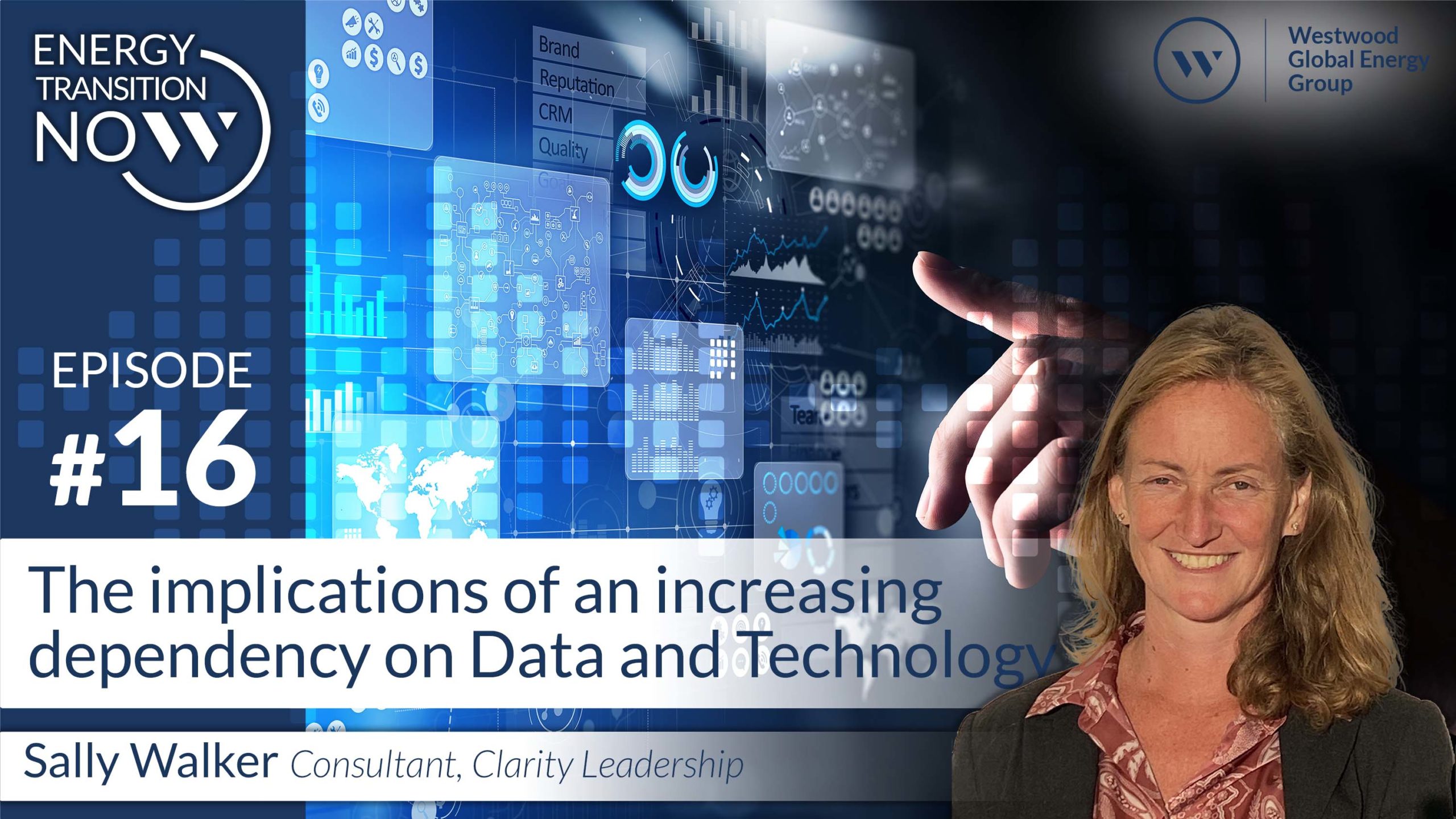
EPISODE 16
Sally Walker
Consultant, Clarity Leadership
Recorded on Thursday 17th February, in this episode of Energy Transition Now, David Linden speaks with Sally Walker, Consultant at Clarity Leadership and Founding Partner of Human Digital Thinking, on the topic of “The implications of an increasing dependency on data and technology.”
The discussion covers Sally’s background in cyber, the trust in technology and the opportunity that technology offers, and how future crisis and opportunity is being thought about by the energy industry as part of critical national infrastructure.
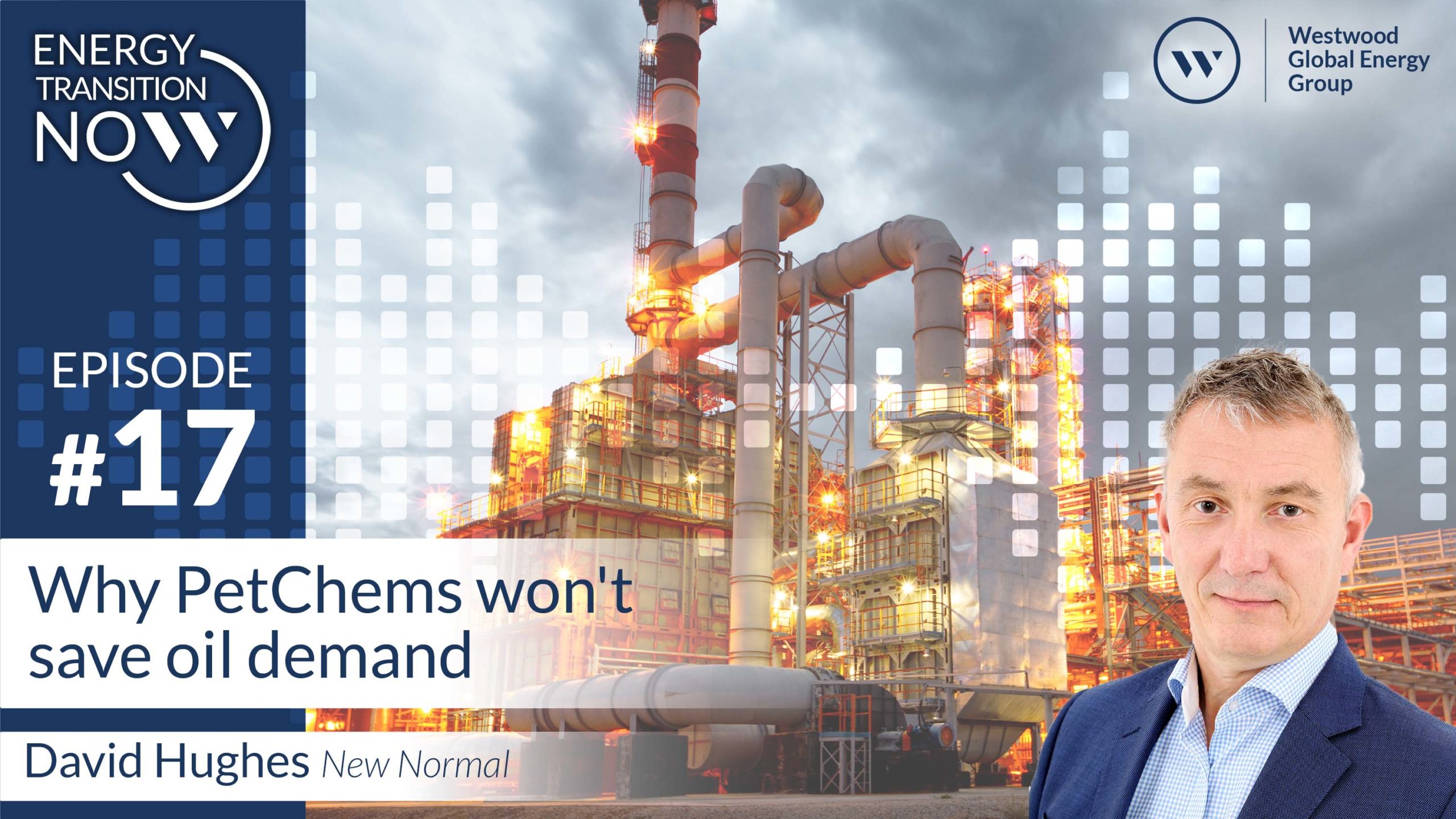
EPISODE 17
David Hughes
CEO, New Normal Consulting
In this episode of Energy Transition Now David Linden speaks with David Hughes, CEO of New Normal and a 35 year veteran of the global petrochemicals (petchems) industry, on why petchems won’t be saving oil demand. The discussion includes a run through of the history and scale of the industry and why it has been a leading indicator for the economy, before exploring how the industry is changing within the context of the energy transition and broader sustainability agenda, and what the implications are for for the petchems value chain.
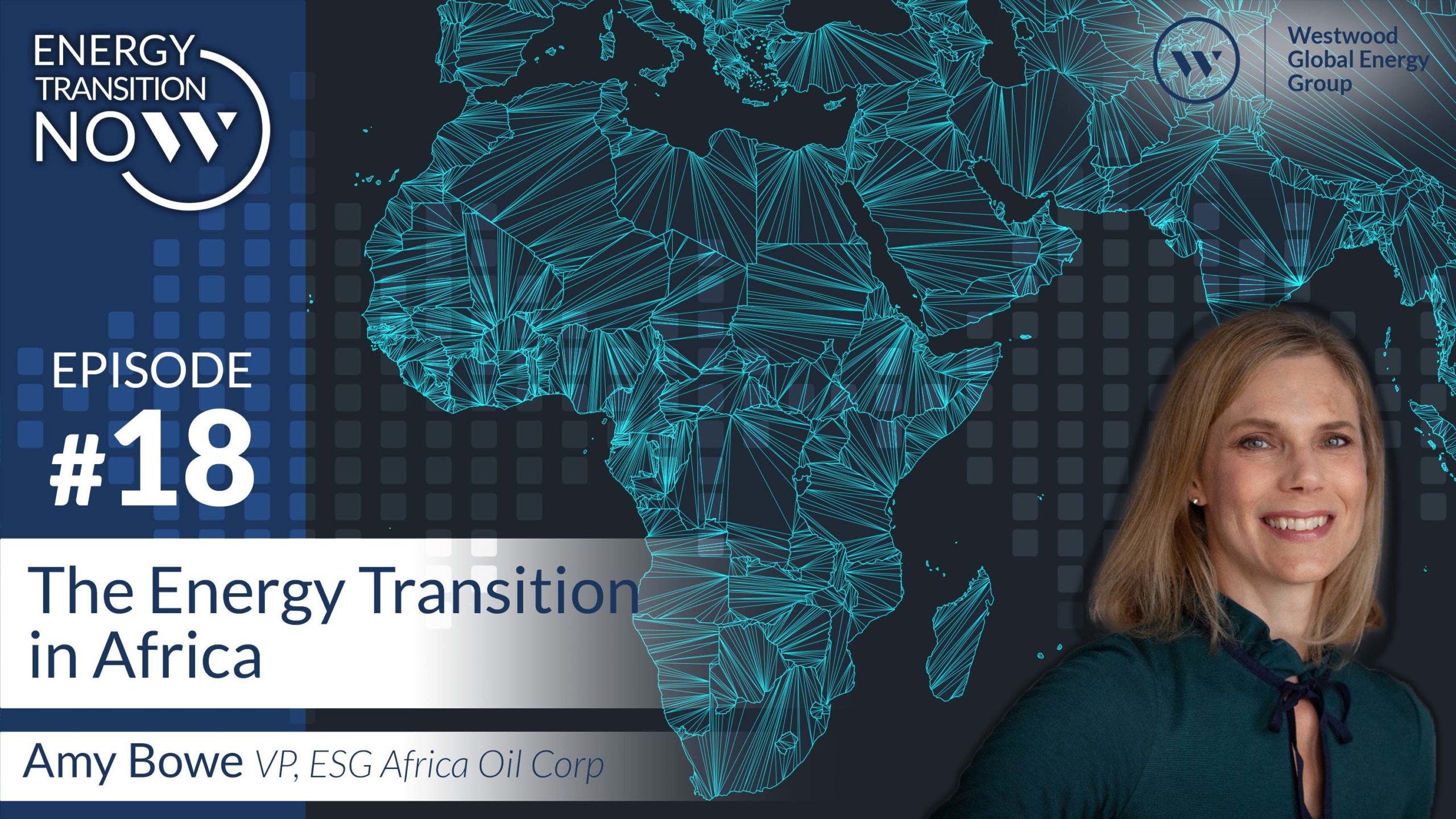
EPISODE 18
Amy Bowe
VP, ESG Africa Oil Corp
This week in David Linden speaks with Amy Bowe, VP of ESG Africa Oil Corp on “The Energy Transition in Africa”.
A lot of air time is given to the energy transition in Europe, Asia and North America, places where in theory the majority of today’s GDP and emission sit. However, Africa clearly has its very own dynamics with 17% of the worlds population, but just 6% of global energy demand and with more than half the population lacking access to electricity.
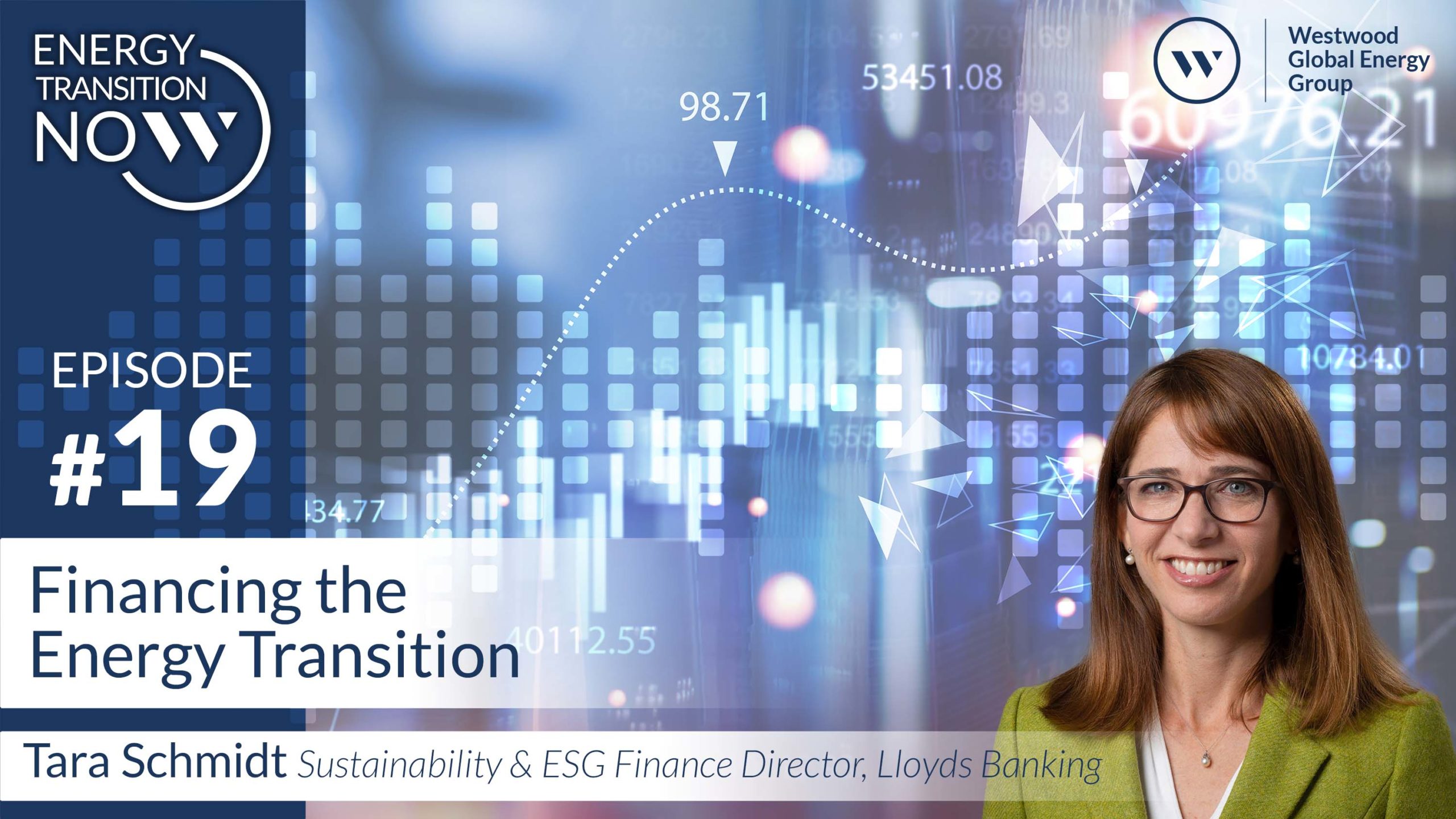
EPISODE 19
Tara Schmidt
Sustainability & ESG Finance Director, Lloyds Banking Group
This week, we were joined by Tara Schmidt, Sustainability & ESG Finance Director, Lloyds Banking Group for a discussion on ‘Financing the Energy Transition‘.
Tara and host David Linden, discuss the role that Lloyds is and can play in the UK around funding the energy transition, a critical part of ‘getting us where we need to be’. Tara goes on to speak about how Lloyds is doubling its sustainable finance funding for corporate banking and how it wants to see ‘financed emissions’ aligned with the UK net zero target.
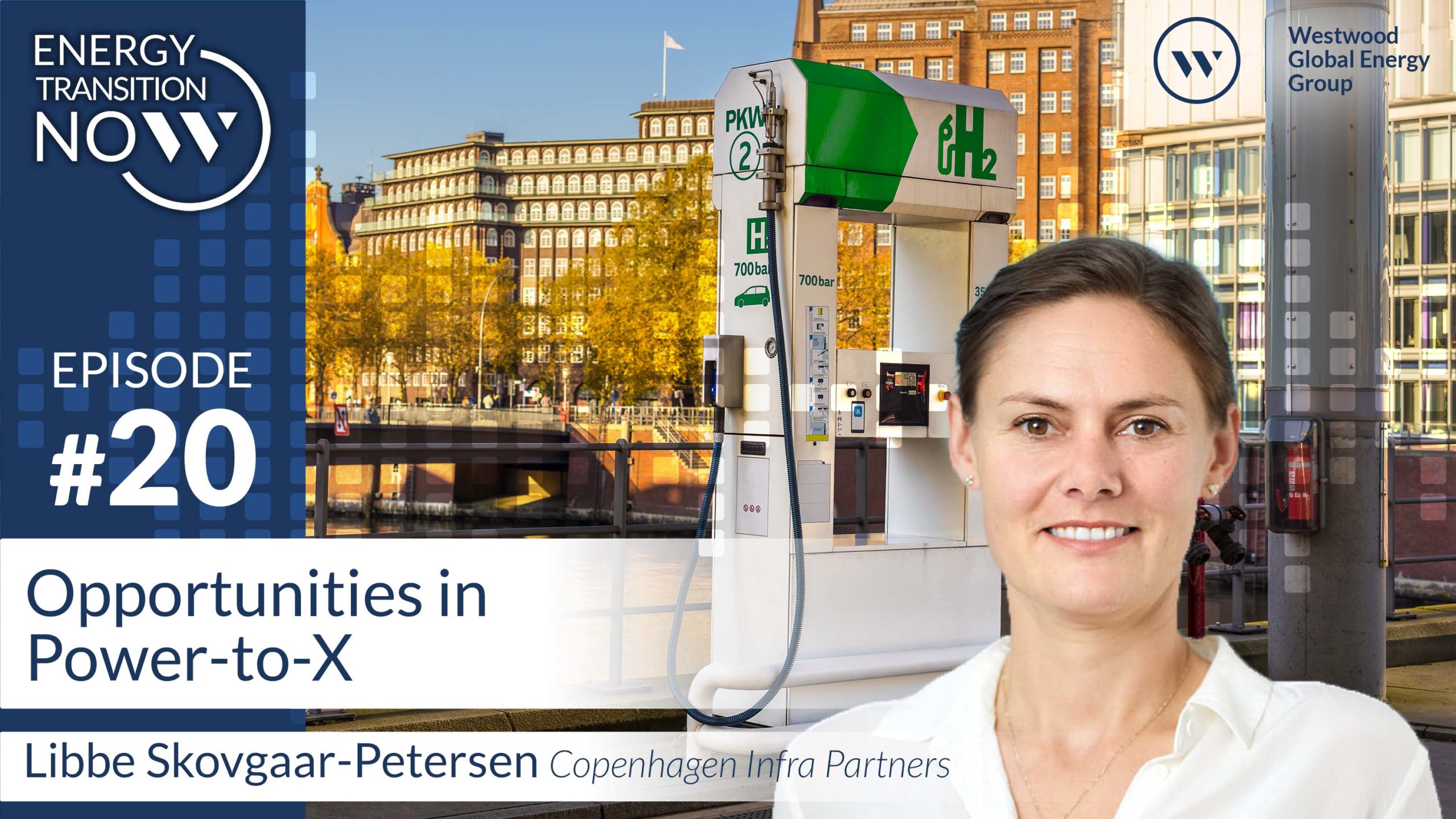
EPISODE 20
Libbe Skovgaard-Petersen
Copenhagen Infra Partners
This week in the final episode of Series Three, David Linden speaks with Libbe Skovgaard-Petersen, Vice President at Copenhagen Infrastructure Partners, CIP, a renewable energy investment fund.
Libbe speaks to CIP’s goal of being a €100 billion fund by 2030 and the importance and focus on P2X – Power to X – particularly in reaching hard to abate sectors.




